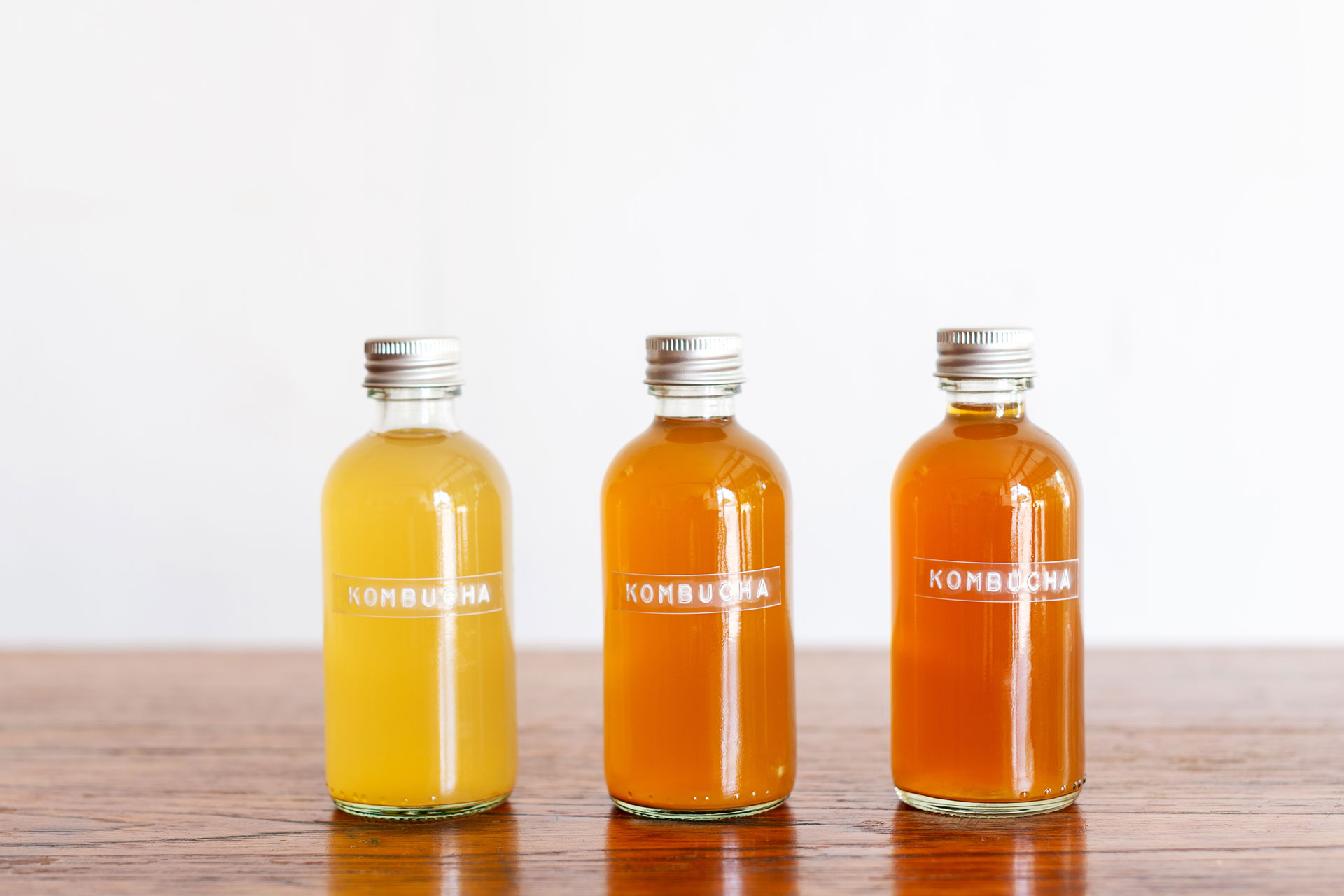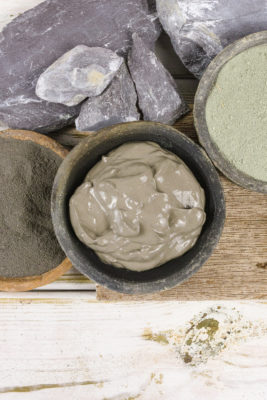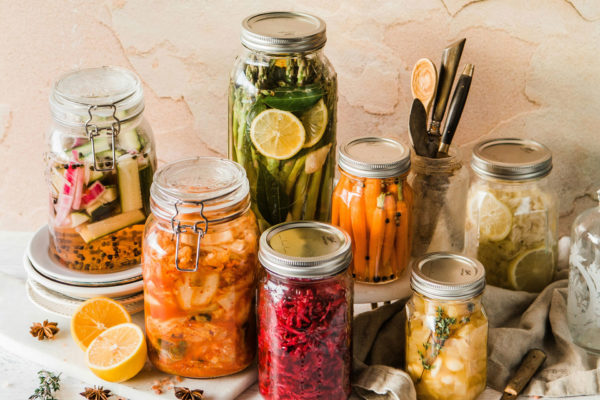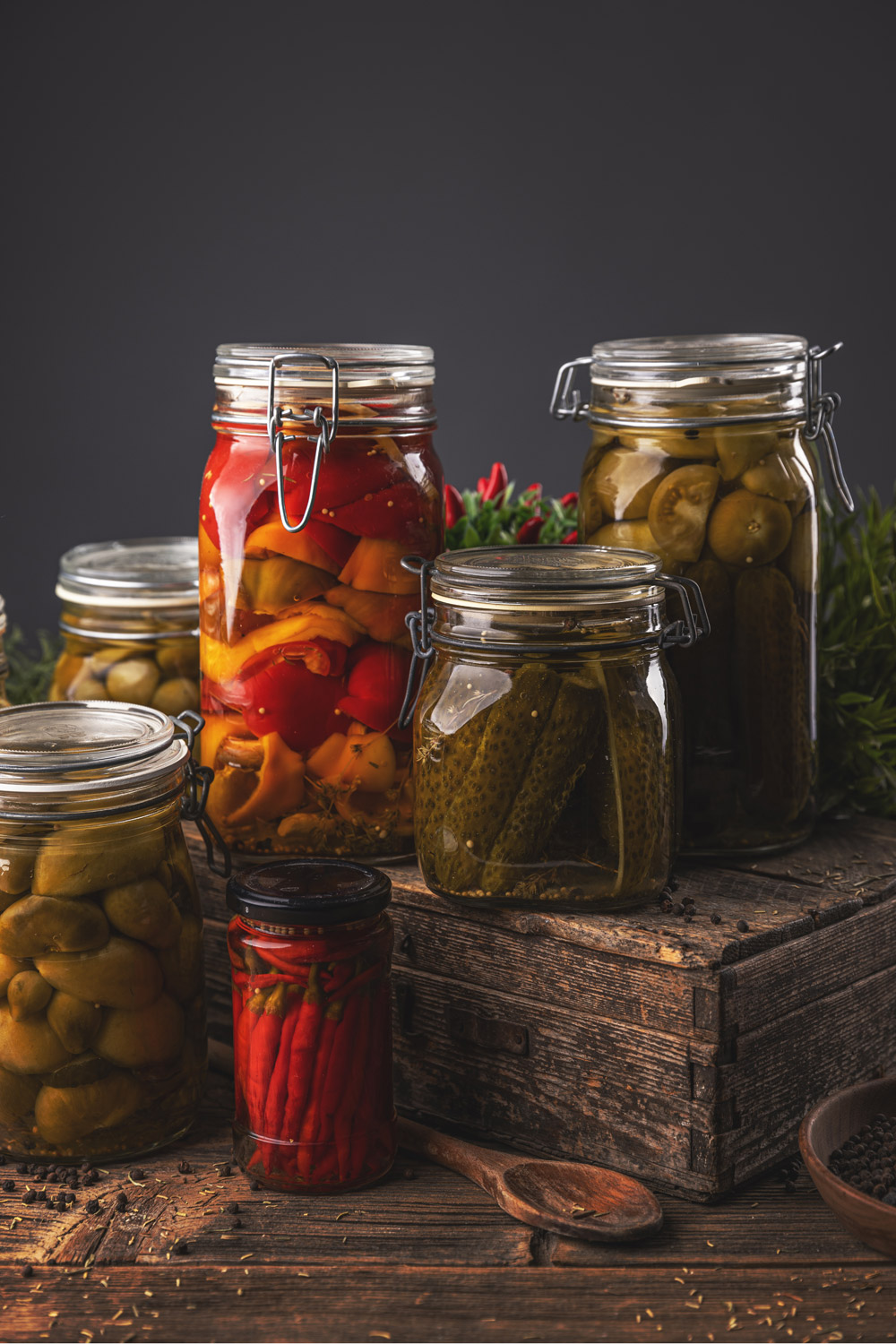
10 Simple Swaps You Can Make To Improve Your Gut Health In 2026
By
2 months ago
These small changes could have a big impact
Feeling a little sluggish post-Christmas? Aren’t we all: the festive season wreaks havoc on our gut health, which impacts our overall wellbeing. As Nora Cavani, CEO and co-founder of Alba Health, a company specialising in gut microbiome testing and preventative healthcare, explains: ‘frequent overeating and constant grazing throughout the day leave little time for our digestive system and gut microbes to rest and recover between meals.’ Plus, Christmas meals tend to be high in refined sugar and carbohydrates, while being low in fibre. ‘Add to this the increased alcohol consumption, reduced physical activity from staying indoors, and disrupted sleep patterns from late nights, and the gut takes a significant hit,’ notes Cavani. January is, therefore, the perfect time for a reset – and just a few simple swaps can be transformative.
Following a gut-friendly diet is now widely viewed as one of the most important things you can do for your overall health. It’s why fermented foods are having a moment, everyone is talking about fibremaxxing, and wellness lovers rave about probiotics. A thriving microbiome doesn’t just support better digestion, it can lower your risk of certain diseases, boost the immune system and improve skin. Plus, the gut is directly linked to the brain, so feeding it well can have a positive impact on mental wellbeing. So what are some simple changes we can make to feel better in January and beyond?
An Expert’s Guide To Good Gut Health
What Is The Gut Microbiome?
First thing’s first: what actually is the gut? While the term is often associated with the stomach, in medical language the gut refers to the gastrointestinal tract, a series of hollow organs that connect to allow food to move through the body.
Over the past few decades, scientists have discovered the importance of the microbes living in our large intestine – AKA, the gut microbiome. ‘The gut microbiome is like a thriving forest inside our digestive system, made up of trillions of bacteria, viruses, and fungi,’ explains Cavani. ‘Each species and strain has its own role – some break down food, others produce vitamins, and many act like protectors against harmful invaders. When this forest is diverse and in balance, it keeps us healthy and resilient. But if important species disappear or the wrong ones take over, the ecosystem becomes unbalanced, which can lead to problems with digestion, immunity, or even our mental health. What makes it especially fascinating is that everyone’s microbial forest is unique, and it changes depending on what we eat, our stress levels, and our environment.’
Why Is Gut Health So Important?
‘The gut microbiome affects almost every part of our health, from how we digest food to how our immune system works, how much energy we have, and even how we age,’ says Cavani. ‘Seventy to 80 percent of our immune system is located in the gut and the gut microbiome can be associated with health risks like eczema, asthma, diabetes, or obesity.’
There’s an ever-expanding body of scientific research showing the benefits of a healthy gut microbiome. A landmark study from 2021, for instance, found diets rich in healthy and plant-based foods encourage the presence of gut microbiomes that are linked with a lower risk of illnesses like heart disease and obesity.
A growing area of interest is the gut-brain axis. We’ve all heard phrases like ‘trust your gut’ and ‘gut feeling’, but turns out these are based on actual science: there is a two-way connection between the gut and the brain. This explains why, for example, when you’re feeling anxious you might get butterflies in your stomach. But there’s increasing evidence to suggest it works the other way too, meaning the gut microbiome can directly impact our brain and mood.
Cavani also notes that a healthy gut may support longevity. ‘Studies of people who live past 100 show that they often have gut bacteria similar to much younger people,’ she says. ‘The oldest living woman in the world, who lived to 117, had a gut microbiome similar to that of a child, which shows just how powerful the gut is for keeping us healthy long-term.’
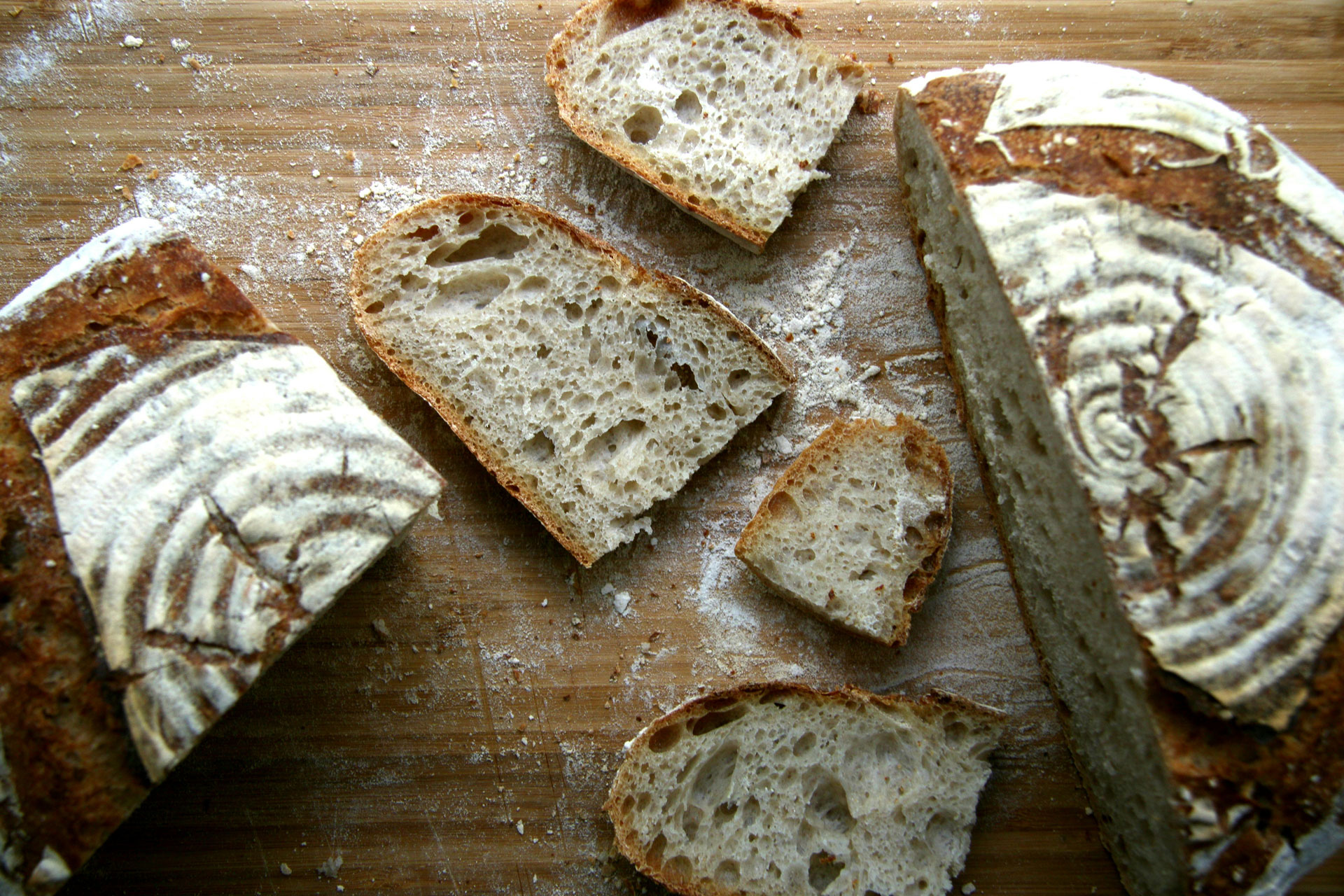
Unsplash
10 Gut Health Swaps
Cavani suggests:
- ‘Flavoured yogurt swapped for Greek yogurt or kefir – live cultures without added sugars that feed harmful bacteria.
- White bread toast swapped for sourdough – fermentation improves digestibility and introduces beneficial bacteria.
- Processed deli meats swapped for grilled caught fish like mackerel or cod – Omega-3s reduce gut inflammation and support barrier integrity.
- Snack bars swapped for nuts and seeds mix – less sugar and additives, more fibre and healthy fats that stabilise energy and feed good bacteria.
- Cereals or granola swapped for chia pudding – cuts out refined sugars while adding prebiotic fibre that supports digestion and satiety.
- Pickles or gherkins in brine swapped for kimchi or sauerkraut – fermented vegetables add probiotics and fibre.
- Creamy bottled dressings swapped for olive oil and lemon or apple cider vinegar – adds anti-inflammatory polyphenols and digestion-friendly acidity.
- Vegetable oils (like rapeseed oil) in cooking swapped for extra virgin olive oil – supports gut barrier integrity and reduces inflammation.
- Soy sauce swapped for miso paste or tamari – fermented alternatives that bring probiotics and depth of flavor.
- Salt swapped for fresh herbs (parsley, basil, cilantro, dill) – cuts excess sodium while adding polyphenols, antioxidants, and gut-friendly plant diversity.’
TIP: ‘Most importantly: sometimes you don’t have to necessarily swap or cut. My biggest tip is to add fibre (vegetables, legumes, nuts and seeds) to your regular meals. It’s a much simpler way to change habits.’
What Else Can You Do?
Gut health isn’t just about what’s on your plate, says Cavani. ‘Prioritising sleep helps restore the microbiome, whilst regular walks and exercise support digestive function. Though it might be wet and windy, just incorporating a regular twenty minute stroll into your routine can make all the difference. Staying well hydrated supports digestion and detoxification. For longer-term benefits, consider setting a manageable challenge for 2026, such as eliminating one ultra-processed food per month, whether that’s fizzy drinks, crisps, or packaged biscuits. These gradual changes are more sustainable than drastic dietary overhauls and give the gut time to adapt and flourish.’


